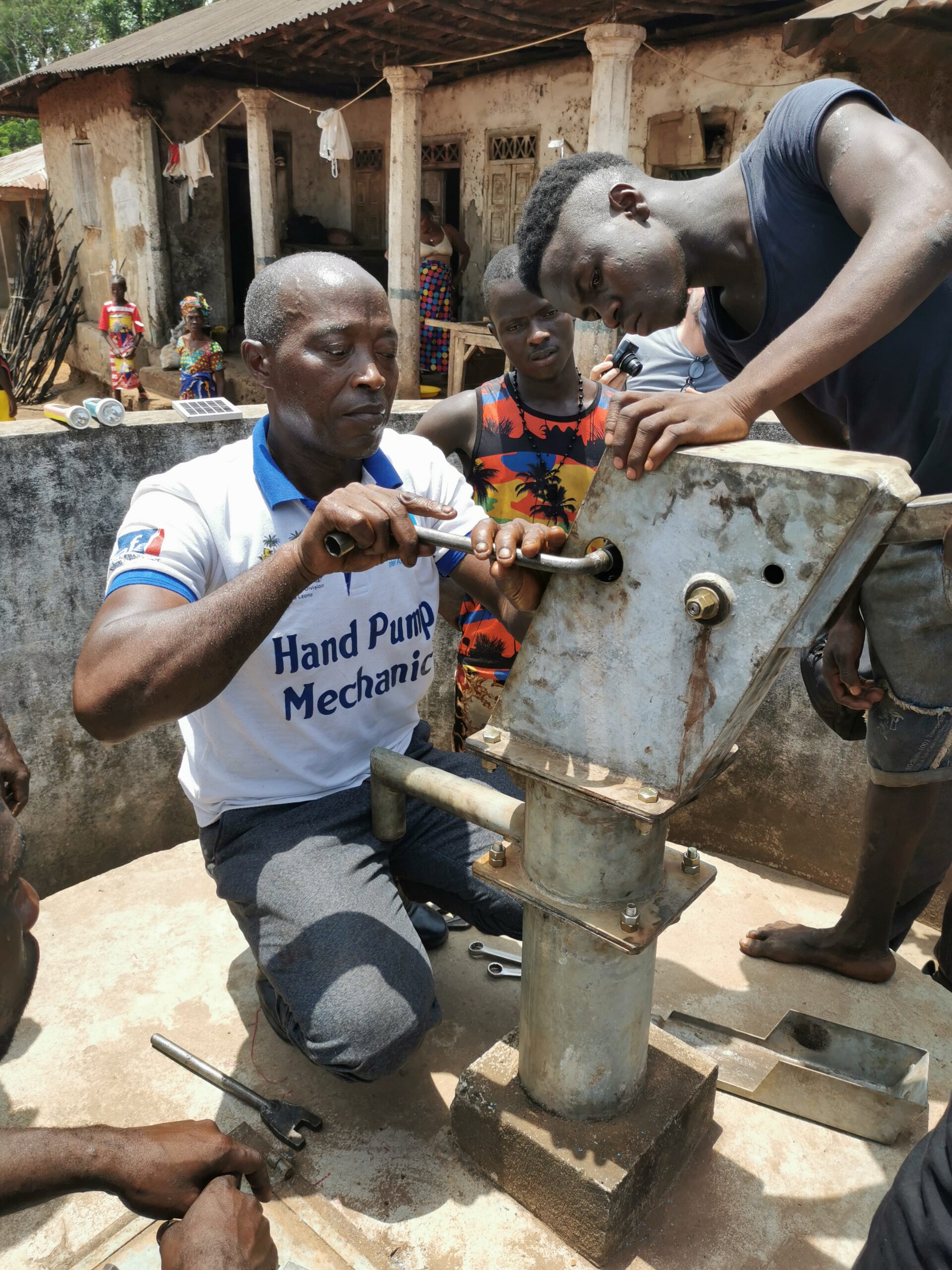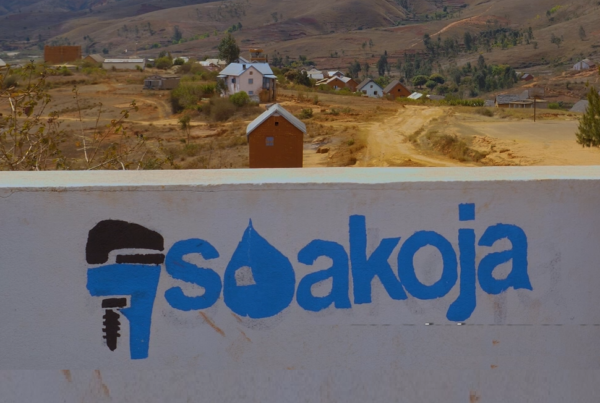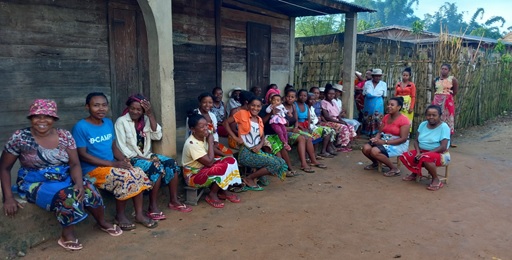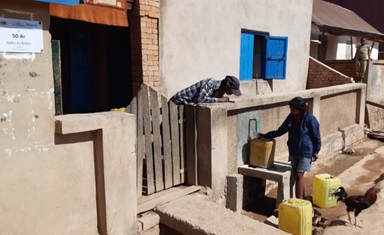In the remote rural areas of developing countries, where villages with fewer than 1,500 inhabitants predominate, international organisations rarely give priority to the management, monitoring and maintenance of infrastructure providing access to drinking water.
Local institutions, which are often responsible for this task, lack financial resources and/or technical capacity. Professionalising water services for small rural facilities is therefore necessary to ensure sustainable access to safe water for all.
Supported by reference documents, this note explains the main water service models supported by Inter Aide and their need for minimum subsidies in the medium term. Indeed, it is now widely recognised by the key players in the sector that the revenue generated by the payment of the service by the users only covers a part of the total costs.
Document drafted by Damien du Portal, Head of Sector, March 2024.





